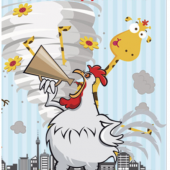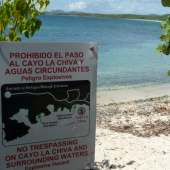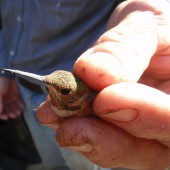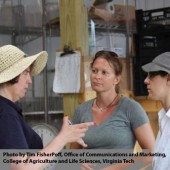
Abstract: A challenge with engaging students in taking action to address the climate crisis is that they may assume that they have little or no agency related to having an impact on audiences or policymakers. In this report, we describe students’ use of videos and digital storytelling as multimodal tools for communicating the need to address the climate crisis with different audiences. We discuss the importance of narratives in digital storytelling as a means to foster student engagement with issues of sustainability, as well as provide an overview of different types of digital multimodal productions students can create to promote a sense of agency. Next, we describe one program in-depth (Project IF) and explain how the similar use of digital tools promotes creative problem solving and leveraging media to explore climate issues. We conclude with a discussion of the critical media literacy practices associated with the effective use of digital tools for addressing the climate crisis.
Continue Reading
This article draws on Heidegger’s philosophy to bring a phenomenological perspective to bear on the question of place. By revealing dynamic human and natural histories, narrative can be a particularly useful tool for orienting our environmental commitments. I share stories from Vieques, Puerto Rico, an island shaped by trauma, to illustrate the power of people articulating what they most value about the places they call home.
Continue Reading
This paper explores examples of the ways that indigenous and traditional stories are tools to guide humans through complex interactions with ecosystems and to remember our shared fate with the land. Traditional stories are not mere superstition or poor substitutes for scientific thinking; they are made up of extremely complex, finely coded information on human subsistence and infused with elements that ensure they continue to be told and remembered
Continue Reading
There is evidence that the American agrifood system is a significant contributor to environmental, economic, social, and ethical-animal welfare damage to the earth and to society and is unsustainable, yet the worldview of a substantial percentage of the population conflicts with this assessment. A significant number of researchers, non-governmental organizations, and government entities assert that the detrimental effects of industrial agriculture must be addressed without delay and sustainable agricultural practices implemented. Attempting to change a worldview is not an easy task. A growing body of research in other disciplinary areas suggests that storytelling can serve as an effective method of fostering change. This mixed-methods study examines the role of storytelling in effecting positive change in worldview and attitudes toward sustainable agriculture. The study explores the effects of Story-based versus Information-based treatments on such change. The hypothesis of the study is that Story-based treatments will be more effective in promoting positive change than will Information-based treatments. The findings of the study provide evidence supporting this hypothesis. The story characteristics found to be associated with positive change included: first-hand personal view, vivid description, and identification with the story narrator.
Continue Reading